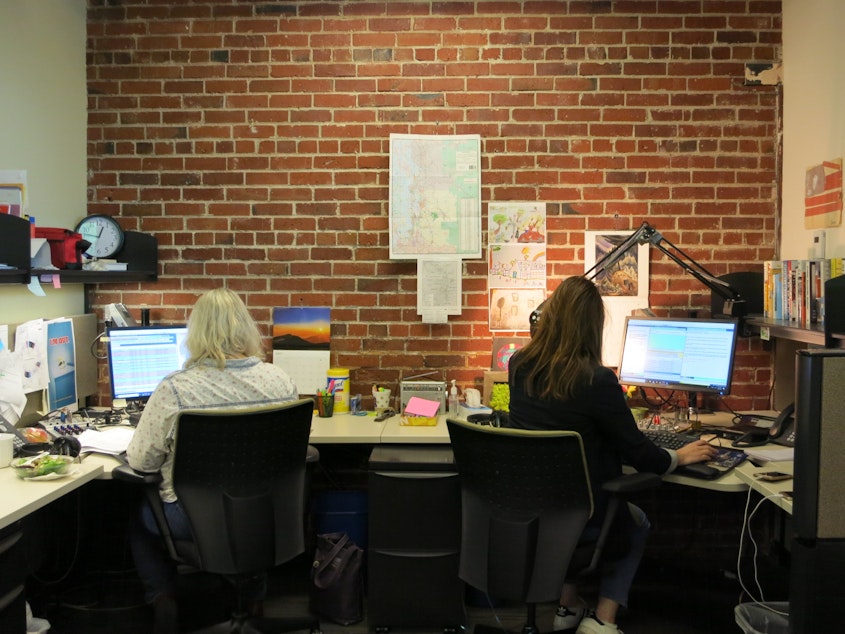Retrofitting Seattle's vulnerable buildings could cost over $1 billion

A new report is finally putting a price on the cost of crucial earthquake safety fixes in Seattle.
That price: $1.28 billion dollars to retrofit 944 unreinforced masonry buildings, home to around 22,000 people, according to a report commissioned by the city.
The 90-page document, by nonprofit consultant National Development Council, only puts Seattle one baby step ahead.
“Now it’s about diving into the details of what a policy change could look like,” Seattle Department of Construction and Inspections spokesman Bryan Stevens said. “You’re dealing with balancing life safety issues with the cost of making those improvements and the concern over displacement of tenants,” he said.
The city has been discussing new policies to mandate earthquake retrofits since the 1970s after a failed attempt to legislate upgrades. Cost and financing are two sticking points, made even stickier by the large number of affordable housing hosted by old brick buildings.
The buildings at issue, known as unreinforced masonry buildings, can crumble and collapse in earthquakes. Parapets can fall and hit pedestrians, walls can break away, dropping the floors (and people) they support.
Sponsored
The city needs to put the information in the report into action and protect public safety, said Chuck Depew, senior director with National Development Council.
“The end conclusion was there wasn’t any one magic financing source, that there would really need to be some combination of public resources and private resources,” he said.
For example, building owners could piece together a patchwork of funding, including federal and state tax credits, FEMA grants, local philanthropy and private loans.
New policies are still a long way away.
The Department of Construction and Inspections hopes to send the mayor new recommendations by the end of the year. That's well behind schedule, according to previous goals. The Seattle City Council was expected to discuss new policies by the first quarter of this year.




